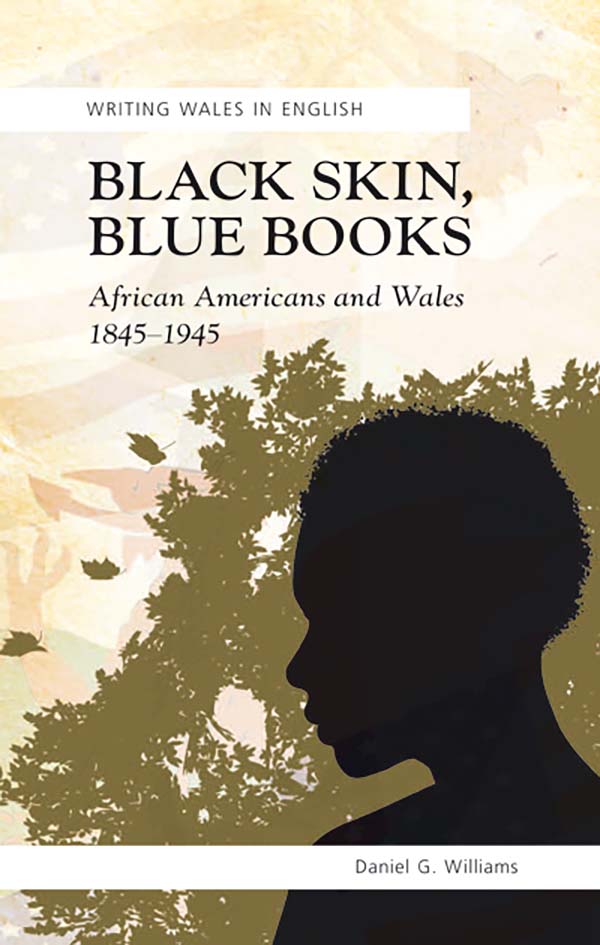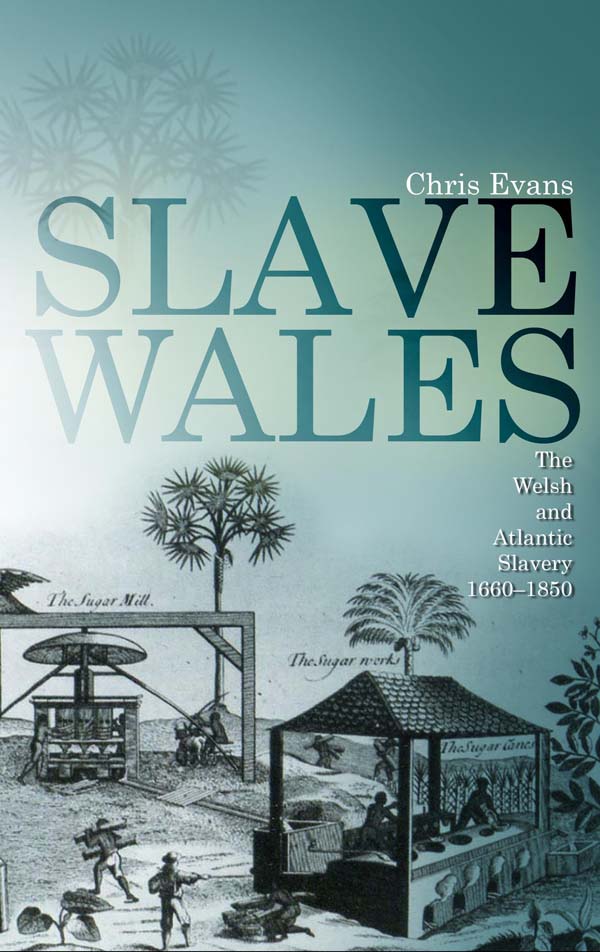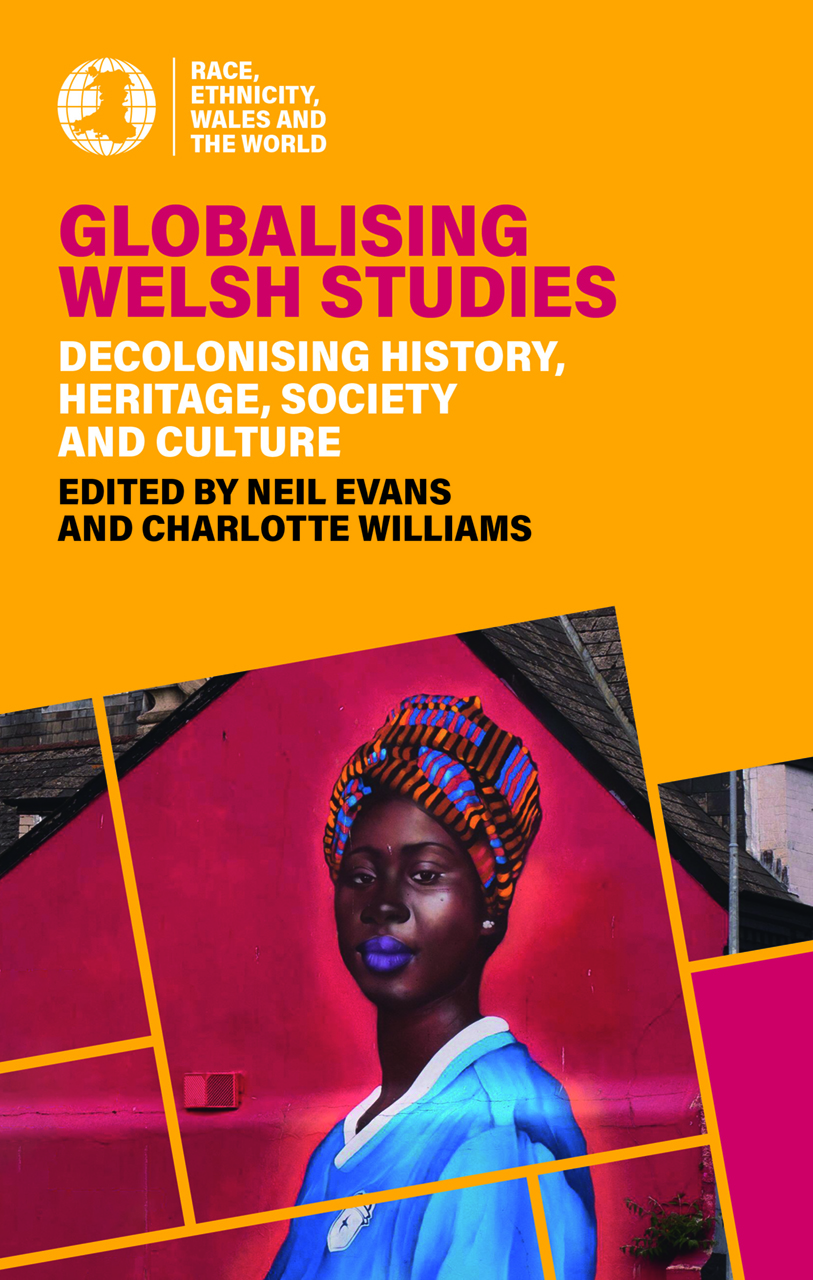Black Skin, Blue Books
African Americans and Wales 1845-1945
Author(s) Daniel G. Williams
Language: English
Genre(s): Welsh Interest
Series: Writing Wales in English
- September 2012 · 432 pages ·216x138mm
- · Paperback - 9780708319871
- · eBook - pdf - 9780708325322
- · eBook - epub - 9781783162727
This is a ground breaking comparative study of the fascinating connections between African Americans and the Welsh, beginning in the era of slavery and concluding with the experiences of African American GIs in wartime Wales.
The connections between the slave trade and its abolition in the United States and England have been amply documented. Those between African Americans and Celtic peoples and cultures, however, remain under-explored. Black Skin, Blue Books begins with a comparative chapter on the Victorian era in Wales and African America, before moving on to modernism and to the connections between Paul Robeson, Ralph Ellison and the Welsh. It fills a void that most of us did not even know existed! This compelling and well-researched book is a major, fresh contribution to Black Atlantic Studies. Professor Henry Louis Gates Jr., W. E. B. Du Bois Institute for African and African American Research, Harvard University. Daniel G. Williams' Black Skin, Blue Books is written with grace and uncommon insight. It is a model for transnational scholarship that opens up a new tributary of literary connection. By exposing moments of 'contact and comparison' between the literatures of black America and of Wales, Williams offers up surprising and necessary insights that defy our assumptions about race, place, and nation. I can think of few books that better illustrate the capacity of authors from very different parts of the world to arrive at what Ralph Ellison once termed 'those abiding patterns of experience' that help to define our shared sense of humanity. Adam Bradley, University of Colorado, Boulder; author of Ralph Ellison in Progress and Book of Rhymes: The Poetics of Hip Hop. Daniel G. Williams explores passionately what at first blush seem like strange bedfellows - African Americans and the Welsh - until one dips inside this surprising book. Emerging from its pages is an intertwined but twisted history of struggle against discursive imperialism over centuries of misunderstanding and misapplied notions of who is literate, who is human. Williams reveals that African American and Welsh literary politics are not only connected by a discourse of Blackness, but by Welsh and Black performative traditions. Jeffrey C. Stewart, University of California at Santa Barbara; author of Paul Robeson: Artist as Citizen and 1001 Things Everyone Should Know About African American History.
Introduction 1. Black Skins, Blue Books: Frederick Douglass, Abolitionism and Victorian Wales Wales and Transatlantic Abolitionism Translating Slavery Nationalism, Assimilation and 'Miscegenation' Conclusion 2. 'In the Wide Margin': Modernism and Ethnic Renaissance in Harlem and Wales Double Consciousnesses and the Bourgeoisie Modernism is Ordinary Gender, Anthropology and the Folk Conclusion 3. 'They feel me a part of that land': Paul Robeson, Race and the Making of Modern Wales Robeson's Political and Cultural Thought: Nationalism and Internationalism Robeson's Image: from The Emperor Jones to The Proud Valley 'Aren't We All Black Down that Pit?': Robeson, Race and the Welsh Industrial Novel. Conclusion 4. The Invisible Man's Welsh Routes: Ralph Ellison in Wartime Wales 'The Star Spangled Banner': 'Black Yanks' in Britain 'Our national anthem' and 'God Save the King': Welsh Identities 'The Internationale': Making Connections Conclusion Conclusion: 1945





